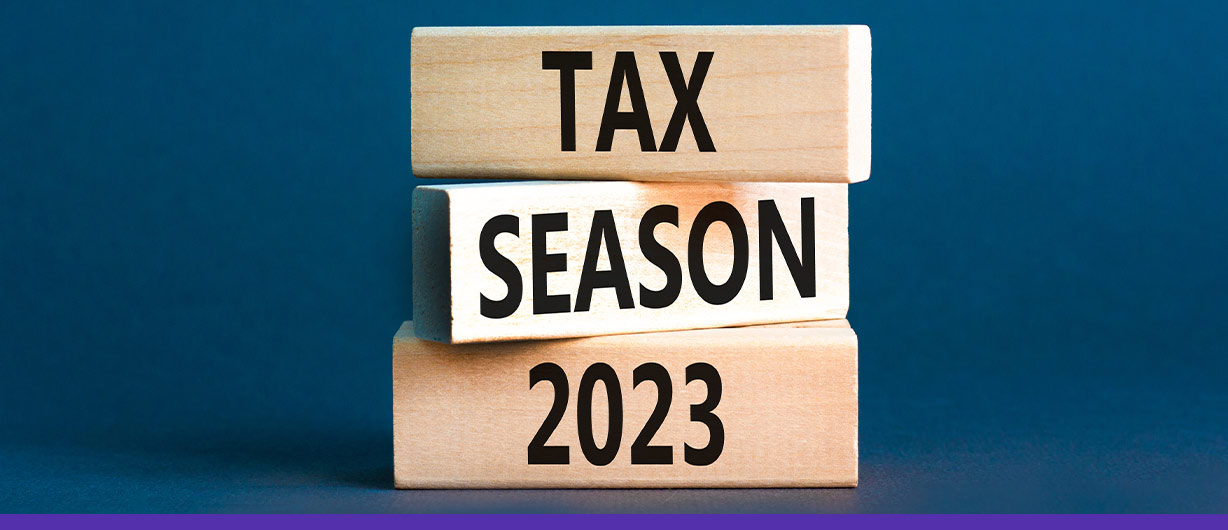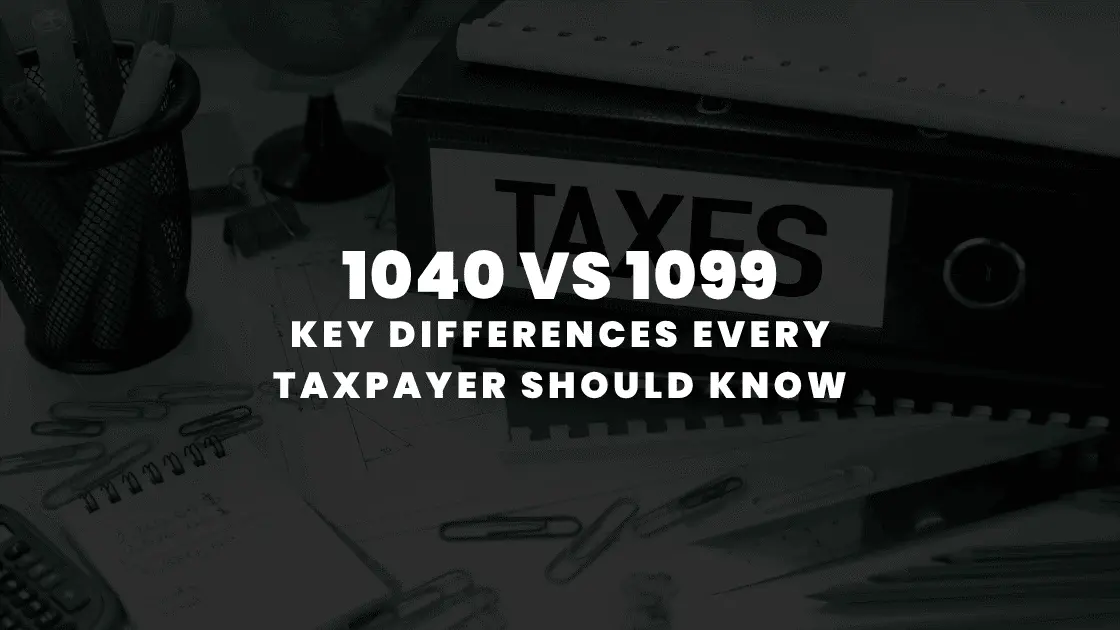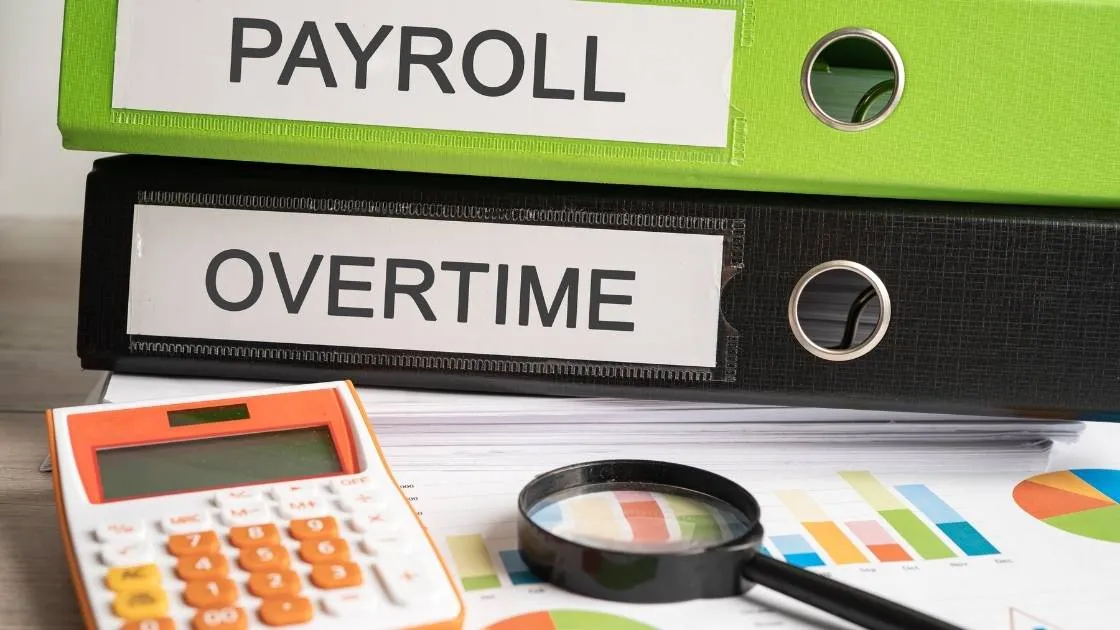April 1 2023 | By Farwah Jafri | 5 minutes Read

When Does Tax Season 2023 Start In The US?
Process For An Employee To File Taxes
Process For Freelancers To File Taxes
Tips For Making Tax Season Easier
1. Keep Good Records
2. Hire a Professional
3. Stay Informed
Important Tax Deadlines You Need To Know
April 18, 2023 – Individual Income Tax Returns Due
April 18, 2023 – First Quarter Estimated Tax Payments Due
June 15, 2023 – Second Quarter Estimated Tax Payments Due
September 15, 2023 – Third Quarter Estimated Tax Payments Due
October 16, 2023 – Individual Income Tax Return Extension Deadline
Conclusion
Tax season is a time of year that many people dread, but it’s also a necessary part of life. Whether you’re a freelancer, a small business owner, or a regular employee, you must file your taxes yearly to comply with federal and state tax laws.
In this blog post, we’ll look at tax season 2023 in the US, when it starts, and what can you do to make the process as smooth as possible.
Tax season in the United States typically starts in January and ends in April. Specifically, the deadline to file your taxes is usually April 15th if it is not a weekend or on any public holiday. In 2023, April 18th will be the deadline to file your taxes. This gives you several months to prepare and file your taxes before the deadline.
If you’re an employee who receives a W-2 form from your employer, you’ll typically receive that form by the end of January. This form will show you how much money you earned during the previous year and how much was withheld for taxes. You’ll need this information to file your taxes due in 2023 accurately.
For freelancers, small business owners, and others who receive income from sources other than a traditional job, tax season 2023 can be more complicated. You’ll need to keep careful records of your income and expenses throughout the year to accurately calculate your taxable income when it’s time to file.
See Also: What Is A W-9 Tax Form And How Is It Used?
While tax season 2023 can be stressful, there are a few things you can do to make the process easier:
As mentioned earlier, keeping good records of your income and expenses throughout the year is essential to file your taxes accurately. Consider using an app or software program to keep track of your finances. There is numerous tax preparation software, such as TurboTax or H&R Block can guide you through the tax preparation process and help you find deductions and credits you might have missed.
If you’re tensed by the prospect of filing your taxes, consider hiring a professional to help you throughout the process. They can assist you navigate the process and ensure you take advantage of the deductions and credits.
Keep up-to-date with tax law changes and deadlines to avoid any surprises. The IRS website and news outlets are great sources of information.
See Also: Tax Season 2023: Understanding Standard IRS Mileage Rates
Tax season 2023 is around the corner, and it’s essential to know all the tax deadlines to avoid penalties and interest charges. Tax day 2023 is April 18, which is a few days. But that’s not the only deadline you need to know.
Here’s a breakdown of all the tax deadlines you must remember for taxes due in 2023.
The most important deadline is April 18, 2023, when individual income tax returns are due. This includes anyone who earned income in 2022 and needs to file a tax return. Filing your tax return on time is essential, or you risk incurring penalties and interest charges.
If you’re self-employed or have other sources of income that aren’t subject to withholding taxes, you need to make quarterly estimated tax payments. The first quarter estimated tax payments for 2023 are due on April 18, 2023, along with your tax return.
The second quarter estimated tax payments for 2023 are due on June 15, 2023. If you’re self-employed or have other sources of income that aren’t subject to withholding taxes, you need to make these quarterly estimated tax payments.
The third quarter estimated tax payments for 2023 are due on September 15, 2023. Like the previous quarters, these payments are required if you’re self-employed or have other sources of income that aren’t subject to withholding taxes.
If you cannot file your tax return by April 18, 2023, you can file for a six-month extension. However, it’s important to note that the extension only applies to the tax return, not the payment of any taxes owed. The deadline for filing your tax return with an extension is October 16, 2023.
It’s crucial to keep these deadlines of tax season 2023 in mind and file your taxes on time to avoid any penalties or extra charges. If you cannot meet these deadlines, consider seeking help from a tax professional.
Tax Season 2023 is approaching quickly, and it’s important to know the tax deadlines and processes to avoid penalties for late filing. To make tax season easier, consider using tax software, seeking professional help, or keeping organized records throughout the year. Remember that missing tax deadlines can lead to penalties and added stress, so staying on top of the dates is crucial. Following these tips and deadlines can make tax season 2023 less daunting and more manageable. Happy stress-free tax season!
See Also: A Complete Guide To IRS 941 Form Submission
Subscribe for business tips, tax updates, financial fundamentals and more.
MORE BLOGS

Running a small business means every dollar matters. You work hard to earn revenue, manage expenses, and grow steadily, yet tax time often feels like money […]
Learn More →
Tax season can be overwhelming, especially when you’re staring at multiple forms with numbers instead of names. Two of the most common, and often misunderstood, are […]
Learn More →
Working extra hours can feel rewarding, after all you’re putting in more time, showing dedication, and earning more money. But when you look at your paycheck, […]
Learn More →